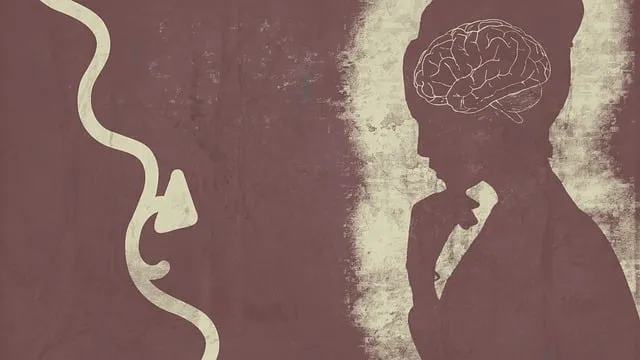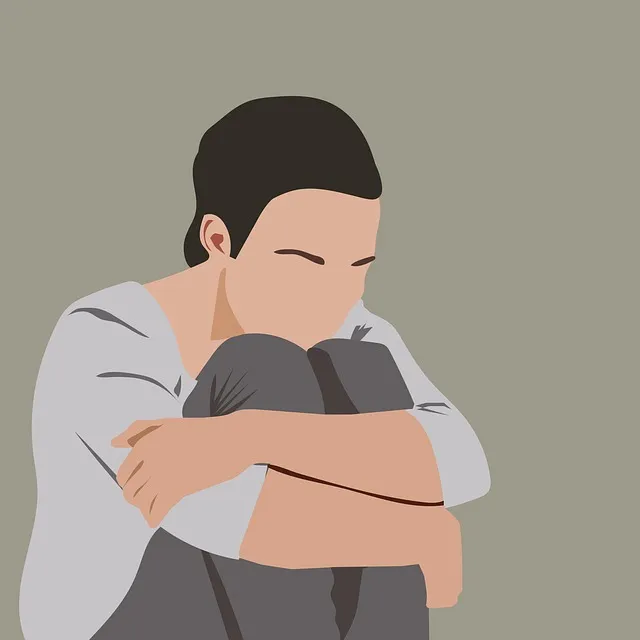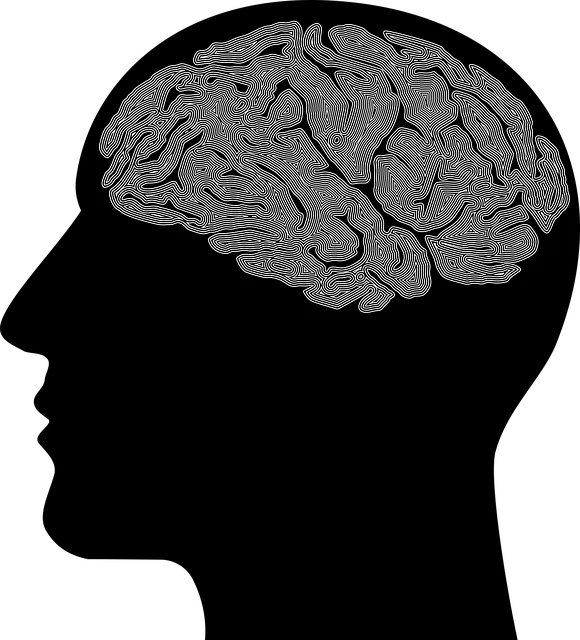Understanding cultural sensitivity is crucial for effective therapy at Kaiser in Golden, where therapists interact with diverse patients from various cultural backgrounds. By recognizing and respecting cultural differences, therapists create inclusive environments fostering trust and open dialogue, enabling clients to explore emotional challenges more freely. The Kaiser Model prioritizes culturally competent mental healthcare, offering workshops and sessions that consider cultural factors, such as stress management and emotional regulation, influenced by norms and traditions. This approach not only prevents therapist burnout but also produces better patient outcomes. Through comprehensive training in cultural competency, therapists overcome biases and create genuinely healing environments for diverse patients, making Kaiser a top choice for quality therapy in Golden featuring good therapists who prioritize cultural sensitivity.
In today’s diverse society, cultural sensitivity in mental healthcare is paramount. Understanding and addressing cultural nuances can revolutionize patient outcomes. This article delves into the essential aspects of culturally competent care, exploring key frameworks like the Kaiser Model, which sets industry standards. We examine the profound impact of cultural biases within mental health practices and offer practical strategies to foster inclusive environments. Additionally, we highlight training resources crucial for equipping therapists with the skills to provide diverse patients, including those from the Kaiser network, with exceptional care.
- Understanding Cultural Sensitivity: A Cornerstone of Effective Therapy
- The Kaiser Model: Setting Standards for Culturally Competent Care
- Uncovering the Impact of Cultural Bias in Mental Healthcare
- Strategies to Foster an Inclusive Environment for Diverse Patients
- Training and Resources: Equipping Therapists for Cultural Sensitivity
Understanding Cultural Sensitivity: A Cornerstone of Effective Therapy

Understanding Cultural Sensitivity is a cornerstone of effective therapy, especially when considering that Kaiser’s therapists in Golden often interact with diverse patients from various cultural backgrounds. This sensitivity involves recognizing and appreciating cultural differences in beliefs, values, and communication styles, which can significantly impact mental healthcare outcomes. By embracing this approach, therapists create an inclusive environment that fosters trust and encourages open dialogue, enabling clients to explore their emotional challenges more freely.
Cultural sensitivity empowers therapists to adapt their practices, ensuring that interventions are not only effective but also respectful of individual cultural contexts. This is particularly relevant when addressing issues such as stress management, inner strength development, and emotional regulation, which can be influenced by cultural norms and traditions. Therapists who incorporate these considerations into their workshops and sessions with clients, whether through the organization’s Stress Management Workshops or other initiatives, contribute to positive transformations in their patients’ mental well-being.
The Kaiser Model: Setting Standards for Culturally Competent Care

The Kaiser Model serves as a beacon for excellence in culturally competent mental healthcare. This framework sets rigorous standards, ensuring that therapists are equipped to address the unique needs of diverse patient populations. By prioritizing cultural sensitivity, Kaiser recognizes that effective therapy goes beyond evidence-based practices; it requires an understanding and appreciation for the interplay between culture and mental health.
This model fosters a supportive environment where burnout prevention and stress reduction methods are integral components of therapist training. The emphasis on cultural competency not only enhances patient outcomes but also contributes to the development of innovative Mental Wellness Coaching Programs. With a commitment to these principles, Kaiser aims to create a therapeutic space that is inclusive, effective, and empowering for all individuals seeking mental health support, regardless of their background or identity.
Uncovering the Impact of Cultural Bias in Mental Healthcare

In the realm of mental healthcare, cultural sensitivity is paramount to ensuring effective and compassionate treatment. Uncovering the impact of cultural bias, however, reveals a complex issue that significantly affects patient outcomes. Studies show that many therapists, even those working with diverse populations, inadvertently carry their own cultural biases into sessions. This can lead to misunderstandings, misdiagnoses, or inadequate care for patients from different ethnic, racial, and cultural backgrounds. For instance, a therapist trained in one cultural context might not recognize the unique expressions of distress in another culture, potentially missing crucial symptoms or misinterpreting behaviors.
This challenge underscores the need for thorough training in cultural competency, especially when seeking good therapists like those available at Kaiser. Incorporating Burnout Prevention Strategies for Healthcare Providers and Crisis Intervention Guidance can help mitigate these biases. By fostering a deeper understanding of Mental Wellness across diverse cultures, therapists can create safer, more inclusive spaces that support genuine connection and healing. Additionally, integrating culturally responsive practices into treatment plans ensures that care aligns with the patient’s values, beliefs, and experiences, ultimately enhancing therapeutic outcomes.
Strategies to Foster an Inclusive Environment for Diverse Patients

Creating an inclusive environment for diverse patients is paramount in mental healthcare practice. At Kaiser, for instance, renowned for its quality therapists, this involves a multifaceted approach. One key strategy is Mental Wellness Journaling Exercise Guidance. Encouraging patients to document their thoughts and feelings can foster self-awareness and build trust with therapists, ensuring culturally sensitive care. This practice also provides valuable insights into each patient’s unique context and experiences.
Additionally, integrating Social Skills Training can significantly benefit diverse populations. By teaching communication strategies tailored to individual cultural backgrounds, therapists can improve patients’ ability to express themselves openly. This not only enhances therapy sessions but also empowers individuals to navigate social interactions outside of the clinical setting, promoting better mental wellness and anxiety relief.
Training and Resources: Equipping Therapists for Cultural Sensitivity

Training and Resources play a pivotal role in equipping therapists with cultural sensitivity, especially within a diverse healthcare setting like Kaiser. The journey to becoming an adept therapist involves ongoing education and exposure to various cultural contexts. Many institutions, including Kaiser, recognize this need and offer comprehensive programs. These training sessions delve into topics such as unconscious biases, cultural competency models, and effective communication strategies tailored to different communities. By participating in these workshops, therapists can gain insights into the unique challenges and strengths of diverse populations, ensuring they provide culturally responsive care.
Additionally, resources like mental health awareness campaigns, online webinars, and wellness podcasts can significantly contribute to a therapist’s development. The Mental Wellness Podcast Series Production, for instance, offers valuable content on cultural sensitivity, burnout prevention strategies for healthcare providers, and the latest research in mental health. Such initiatives not only enhance therapists’ knowledge but also foster an environment where they can continuously learn and grow, ultimately benefiting their clients from diverse backgrounds, including those in the Golden area.
Cultural sensitivity is not just a desirable trait in mental healthcare; it’s a necessity. By understanding and adopting practices that embrace diverse cultural contexts, therapists can provide more effective care, as evidenced by the Kaiser Model’s emphasis on culturally competent care. Overcoming cultural bias is crucial, as it significantly impacts patient outcomes. Through strategic training and resource utilization, therapists can create inclusive environments, ensuring all patients receive respectful, tailored support. So, when seeking therapy, remember that a good therapist, equipped with cultural sensitivity, can make all the difference, potentially revolutionizing mental healthcare for diverse populations.






